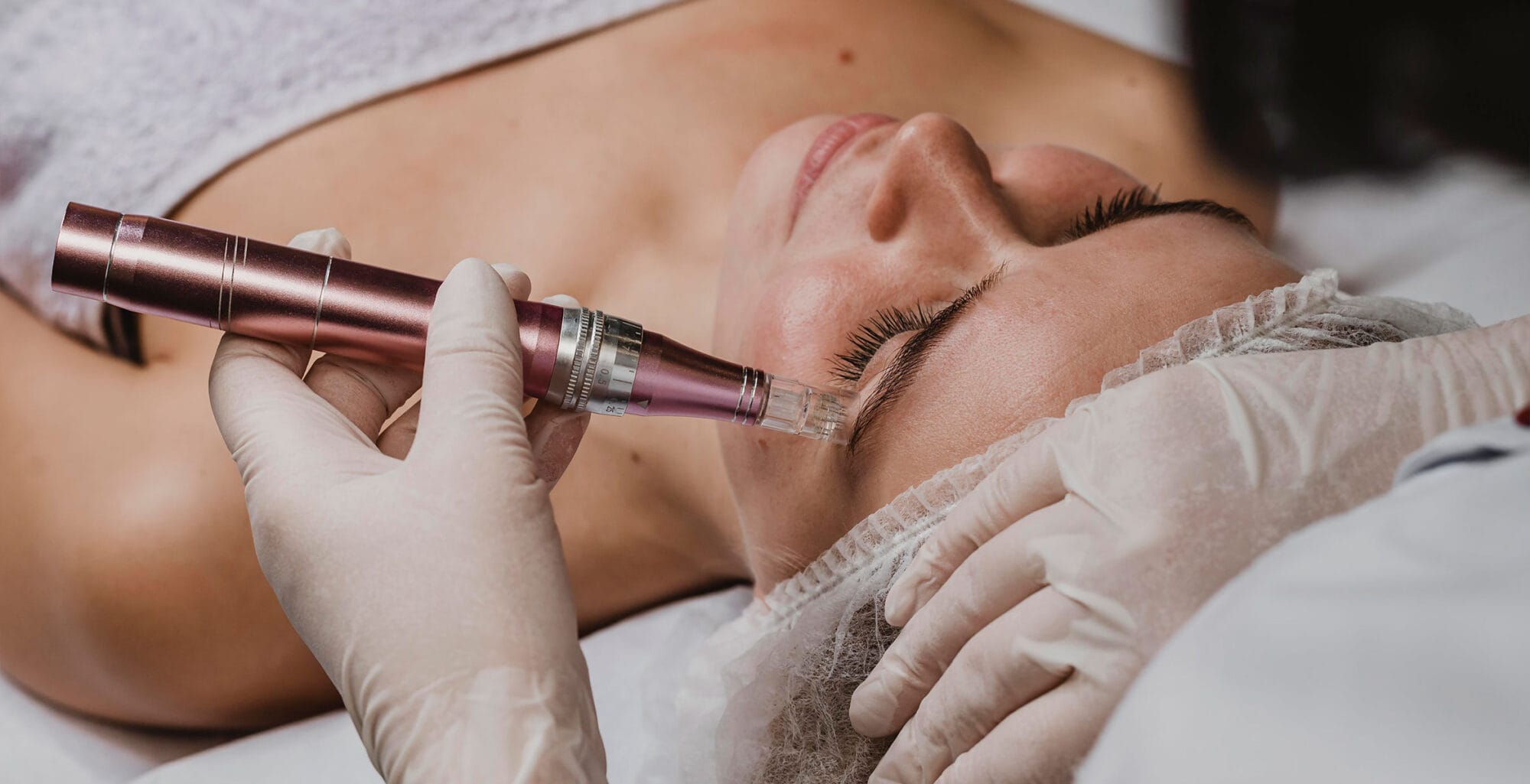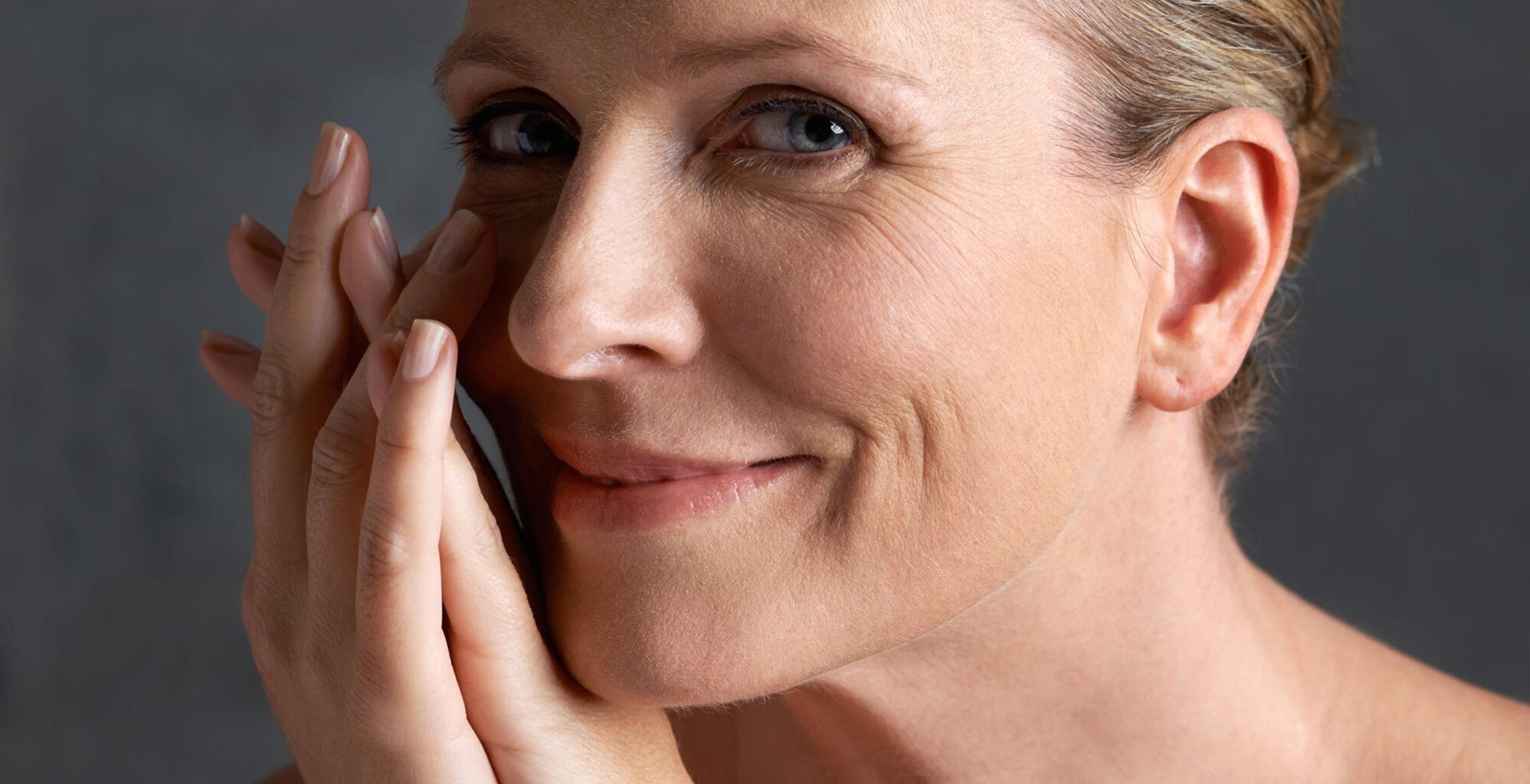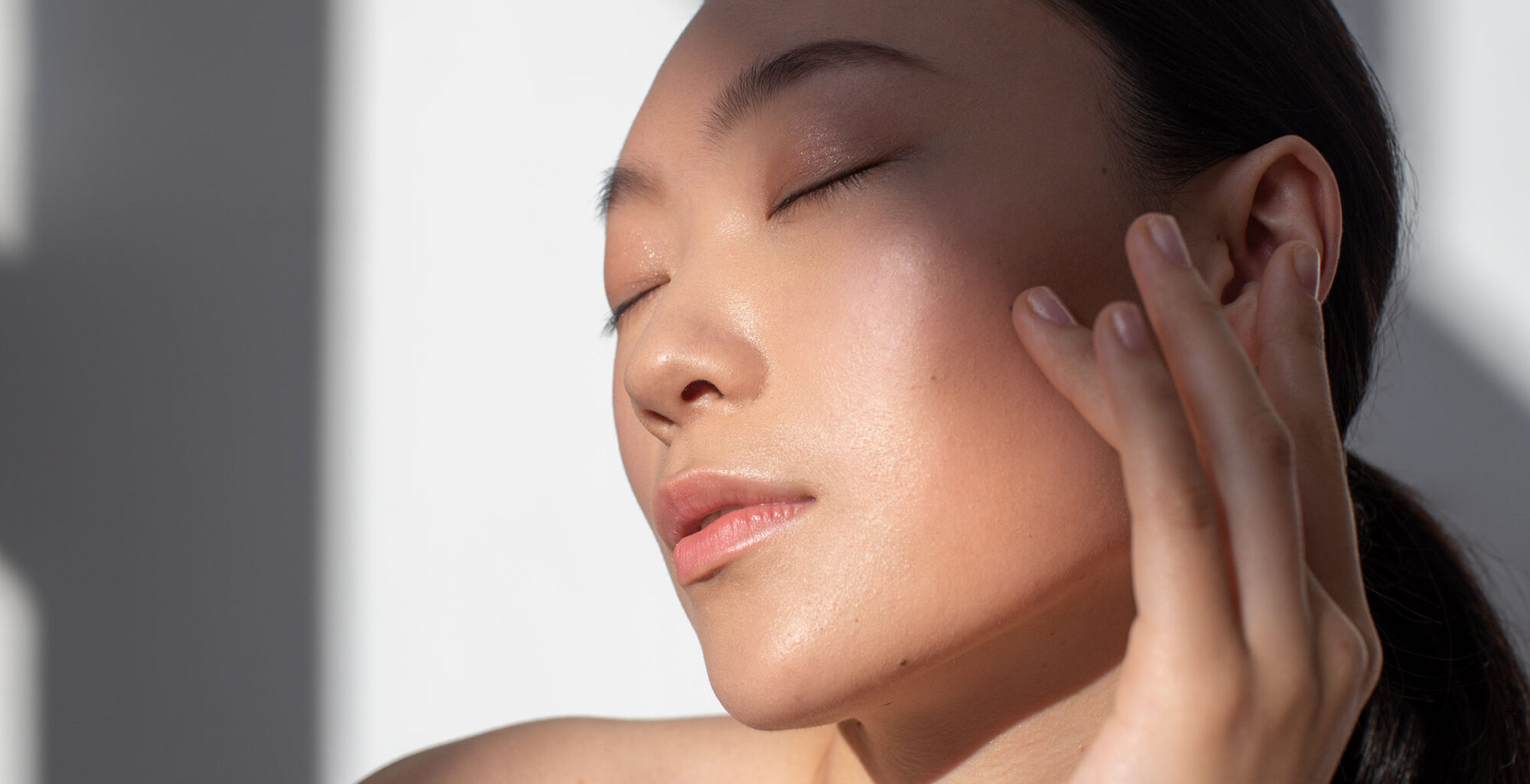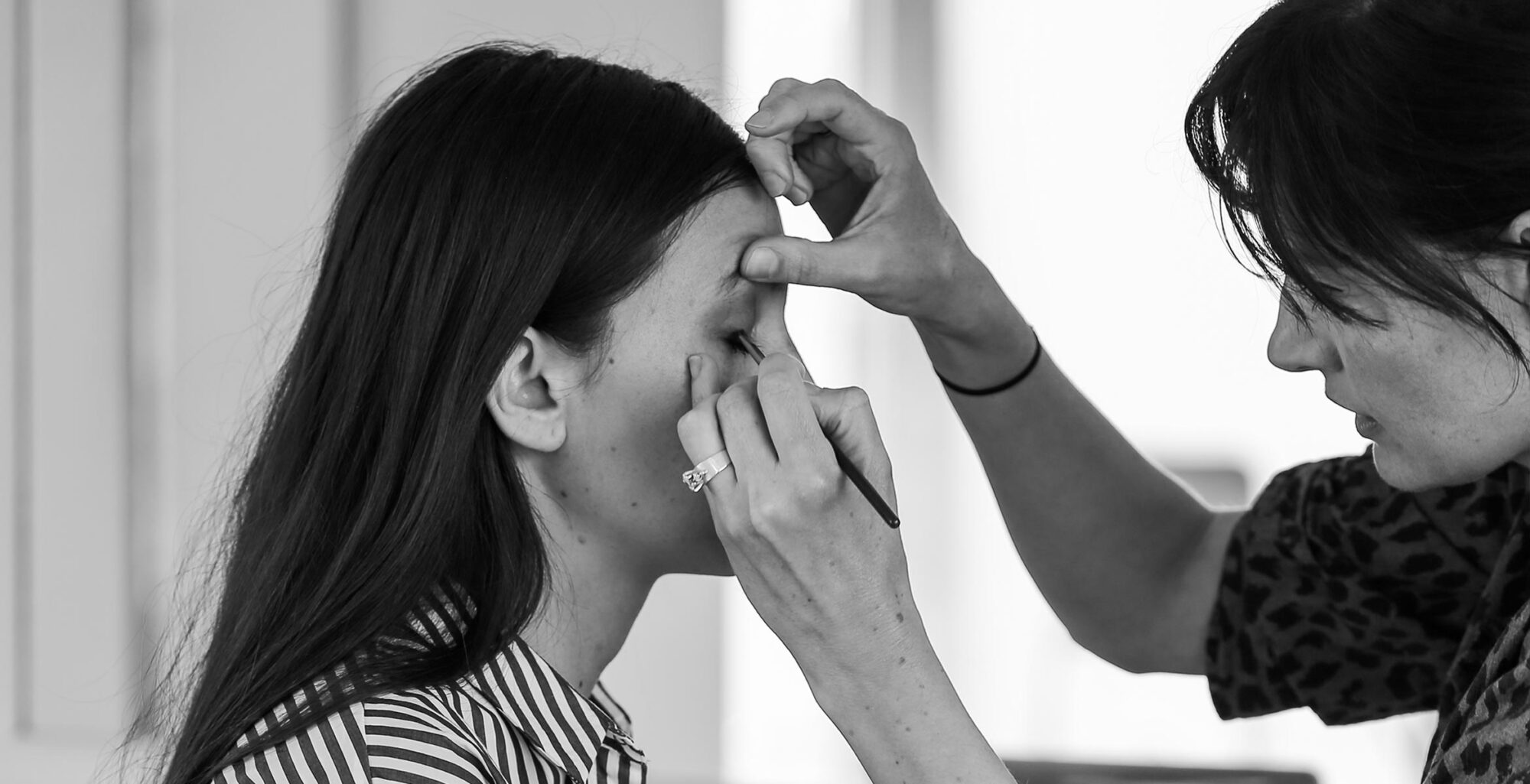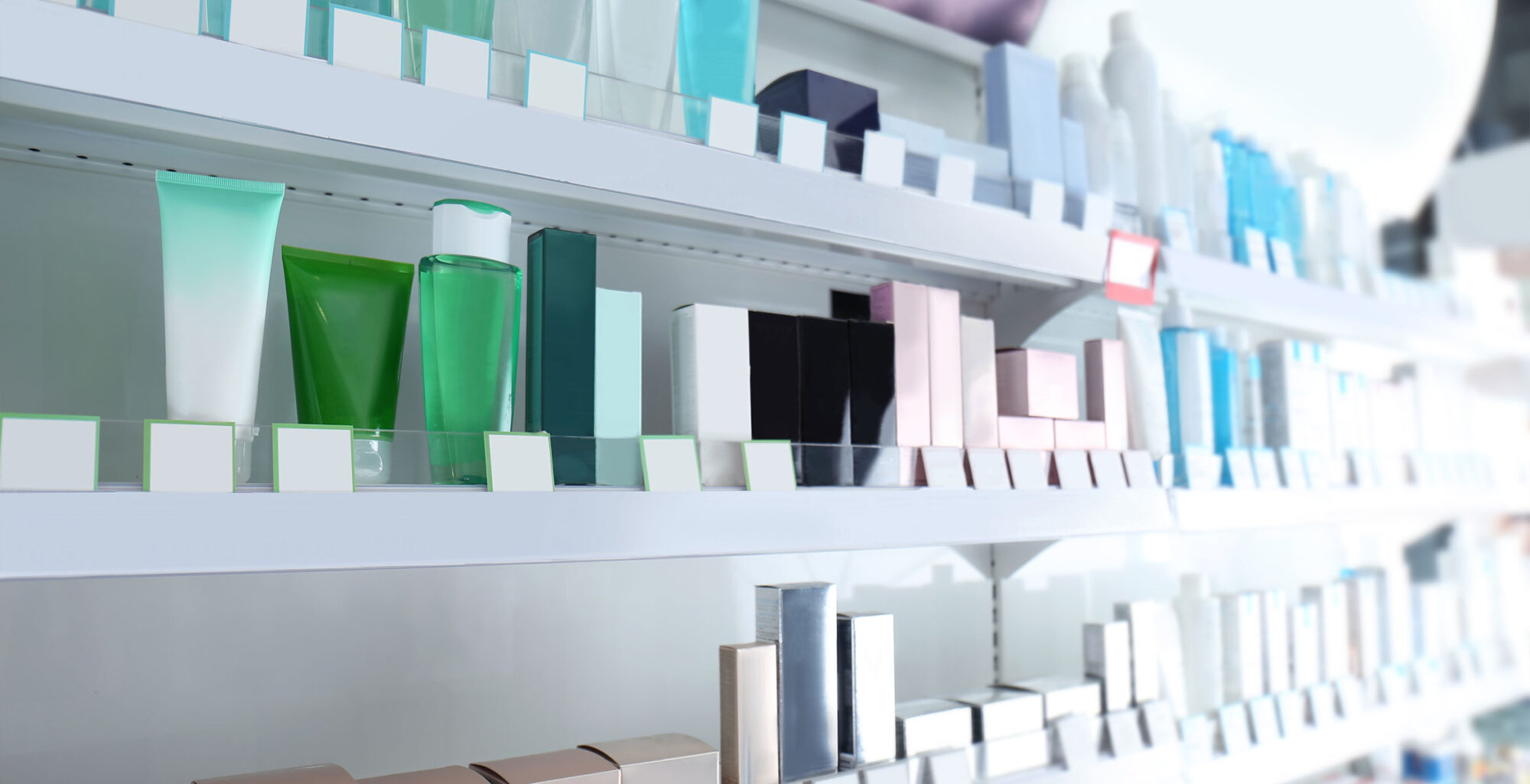Does Oily Skin Age Better? Myths, Truths and Skincare Insights
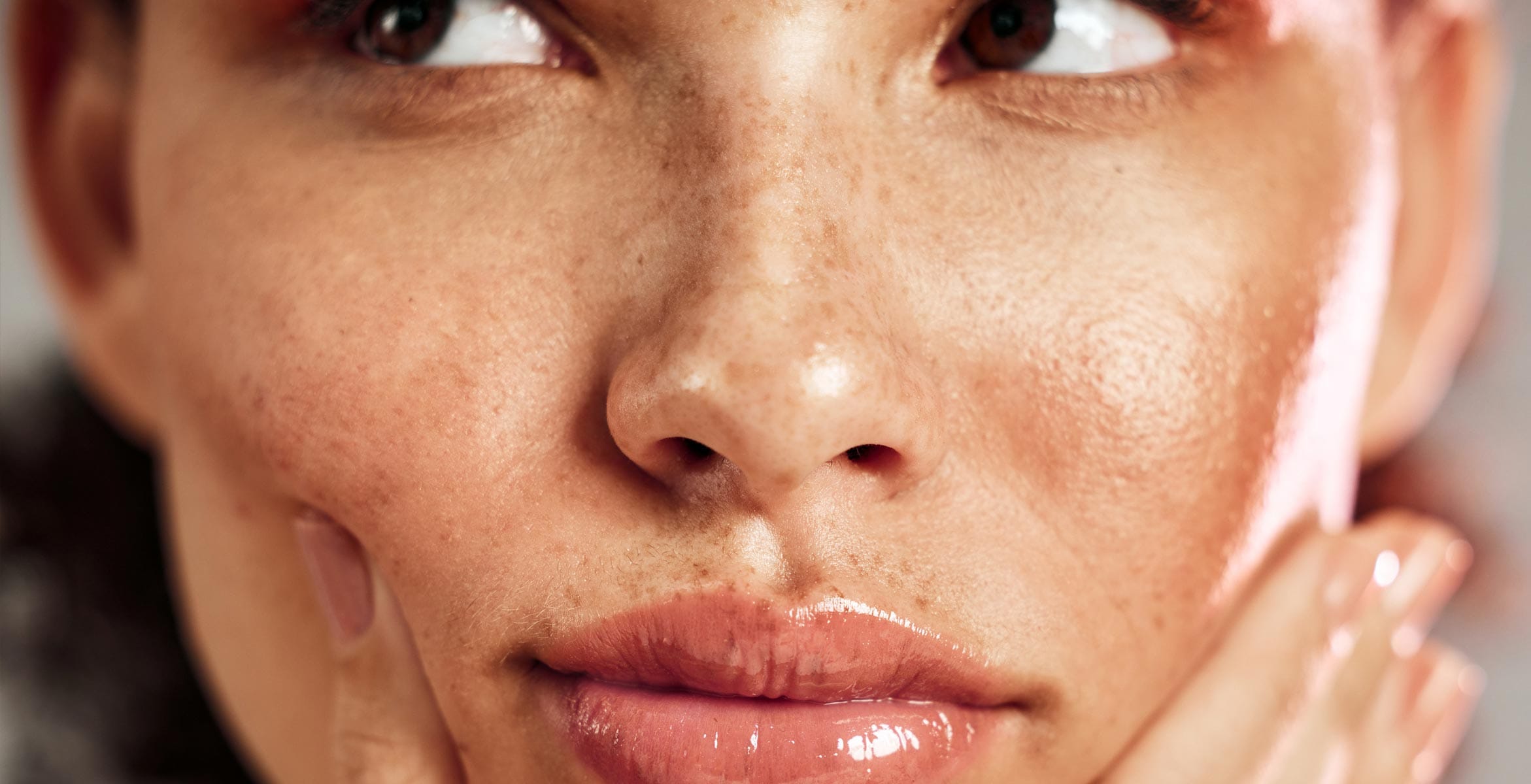
Skin longevity is one of the most talked-about topics in skincare, and a recurring question keeps surfacing: Does oily skin age better? The idea is tempting – if excess sebum could slow down wrinkles, then surely those with oily or combination skin have an advantage. But as with most things in dermatology, the truth is more nuanced.
While there are real benefits to having naturally oilier skin, there are also drawbacks and external factors that influence how skin ages. Let’s take a closer look.
Why People Say Oily Skin Ages Better
Oily and combination skin tends to maintain its natural hydration longer than dry skin. The layer of sebum on the surface isn’t just a nuisance: It acts as a barrier, keeping water inside and protecting against external aggressors. This creates a slightly more cushioned and elastic environment, meaning fine lines and wrinkles may appear later in life.
Advantages of Oily and Combination Skin
- Better natural hydration
Sebum helps lock in water, which is essential for maintaining elasticity. Hydrated skin looks plumper and more youthful.
- Smoother skin
Because oily skin is more flexible and cushioned, it often develops wrinkles at a slower pace compared to dry skin. This helps oily skin age better.
- Protective function
Sebum contains natural antioxidants and provides some protection against free radicals, which can damage collagen and accelerate the ageing process.
For these reasons, dermatologists sometimes confirm that oily skin ages better in specific ways. Yet this is not the whole picture.
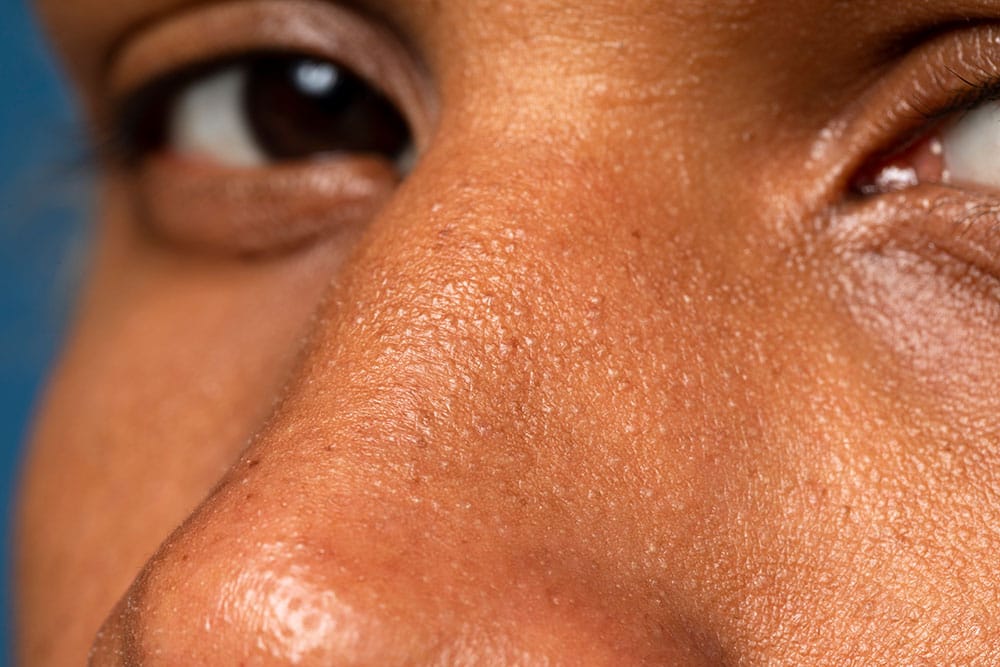
The Other Side: Disadvantages of Oily Skin
Oily skin is not immune to the visible signs of time. Even if wrinkles are delayed, other concerns may impact the overall aspect and functionality of the skin:
- Enlarged pores can make skin look uneven.
- Acne scars may leave long-term marks.
- Inflammatory processes linked to acne and congestion can cause redness and weaken the skin’s barrier.
Put simply, oily skin ages differently – not necessarily better.
Beyond Oil: The Factors That Truly Shape Ageing
The question does oily skin age better overlooks one crucial point: skin ageing is influenced by far more than just sebum. Four key external and internal factors play a decisive role:
Genetics
Our DNA largely sets the pace. Some people are born with more resilient collagen networks or stronger skin barrier function. If your parents kept smooth skin into later decades, chances are you’ll benefit too. Conversely, a genetic predisposition to weaker elastin or pigmentation issues may override any sebum advantage.
Sun Exposure
The most powerful external cause of ageing is UV radiation. Known as photoageing, this process accelerates wrinkles, pigmentation, and loss of elasticity. Even oily skin is not spared: collagen breakdown from UV light occurs regardless of oil levels. That’s why daily sunscreen use is non-negotiable, no matter your skin type.

Stress
Chronic stress raises cortisol levels, fuelling inflammation and weakening collagen. It can also worsen acne in oily skin, compounding the challenge. Stress management is therefore an underrated but essential anti-ageing tool.
So, while oily skin might age better under certain conditions, lifestyle and environment often carry more weight.
There are plenty of misconceptions about oily and combination skin that can lead to misguided routines.
Common Myths About Oily and Combination Skin
Let’s debunk the most persistent ones:
Myth 1: Oily skin doesn’t need moisturising
Oil is not the same as hydration. Sebum provides lipids, but water levels in the skin still need support. Using moisturisers with humectants like hyaluronic acid helps maintain elasticity and prevents the skin from overproducing oil. Surprisingly, adding the right oils can also help. Oily skin often benefits from oils rich in linoleic acid, which rebalance the barrier. Facial oils such as Intelligent Frontier Facial Oil can be highly effective without making the skin feel greasy.
Myth 2: Harsh cleansers control oil
Many believe stripping away oil with strong astringents will prevent breakouts. Over-cleansing can damage the skin barrier, triggering irritation and rebound oiliness. Gentle cleansing is more effective, especially in winter when skin is prone to dryness and sensitivity.
Myth 3: Oily skin doesn’t need sunscreen
Some assume their natural shine protects them from UV damage. In reality, sebum offers no real sun protection. Daily sunscreen use is essential to prevent premature wrinkles, pigmentation, and collagen breakdown, no matter your skin type.
Myth 4: Washing more reduces oil
Over-washing can actually make oily skin worse. When the skin is stripped of natural oils, it often compensates by producing more sebum, leading to a cycle of excess oil. Two gentle cleanses a day are generally sufficient.
Myth 5: Oily skin can’t be sensitive
Even oilier skin can be reactive, prone to redness, irritation, and inflammation. Over-exfoliating or using harsh products can trigger sensitivity, which can worsen breakouts and texture issues.
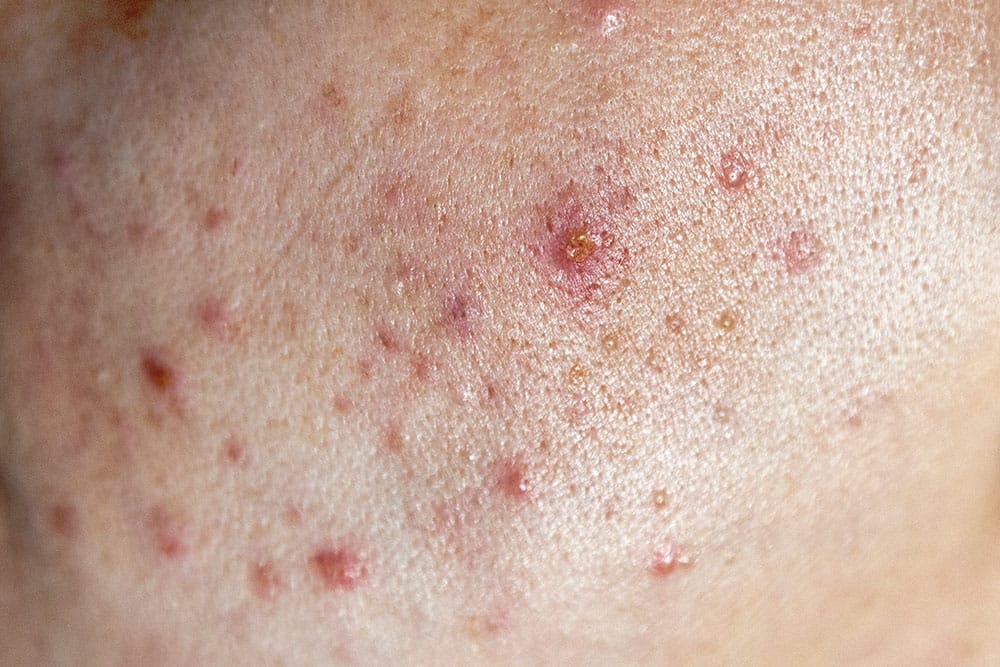
Myth 6: Acne stops after your teens
Many assume oily skin will “outgrow” breakouts, but acne can persist well into adulthood, especially during hormonal fluctuations or periods of stress. Managing sebum, exfoliating sensibly, and supporting the microbiome with prebiotic ingredients are key to controlling adult acne.
Myth 7: Makeup is bad for oily skin
Wearing makeup doesn’t inherently worsen oily skin. The right formulas, combined with proper cleansing, can be safely used. The key is balance and choosing ingredients that support skin health.
What’s one of the main ingredients that people with oily or combination skin should look for in their products?
Epilobium fleischeri extract is an ingredient gaining attention for its ability to rebalance oily skin. It acts as a prebiotic, supporting the growth of beneficial bacteria while keeping acne-causing strains in check.
Clinical studies highlight two main benefits:
- Reduces inflammation and irritation by limiting harmful bacteria linked to redness.
- Controls sebum production through Oenothein B, a natural antioxidant that inhibits 5-alpha-reductase, the enzyme responsible for excessive oil output.
Regular use has been shown to reduce pore size and improve clarity within weeks. A serum like Ideal Rebalancing Level Serum is one way to introduce this ingredient into a routine.
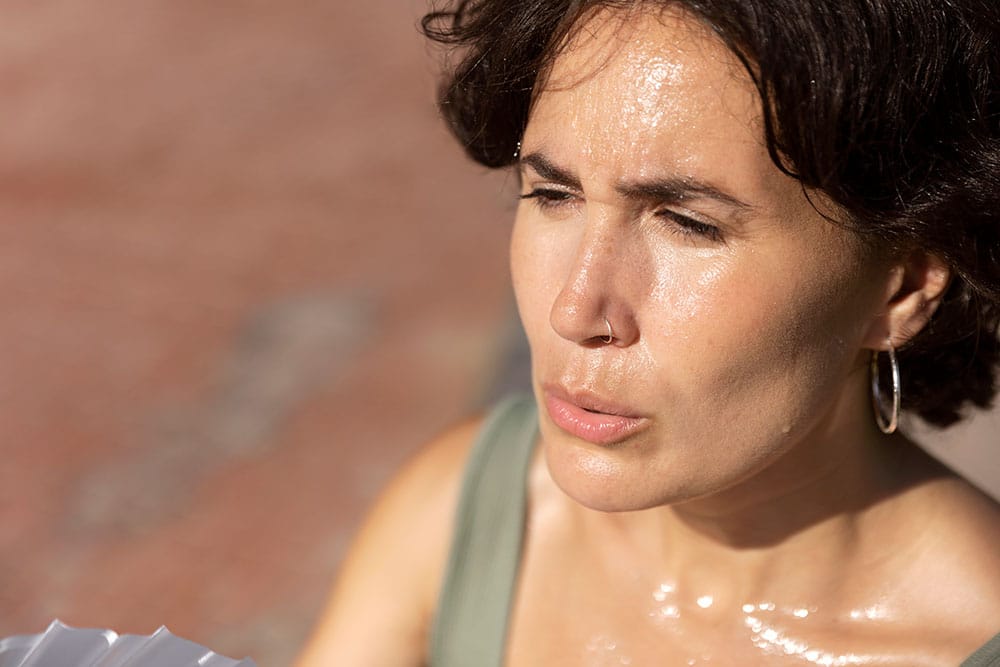
Does Climate Matter for Oily and Combination Skin?
Yes. Geography and weather significantly change how oily or combination skin behaves:
In Humid Climates
High humidity can make oily skin feel greasy and congested. The focus here should be on purifying without stripping.
- Cleanser: Charcoal Peace Calming Cleanser with charcoal and kaolin helps remove excess oil and impurities.
- Serum: Ideal Rebalancing Level Serum balances sebum and hydrates without heaviness.
- Moisturiser: Essential Bio-Technological Moisturiser is lightweight, making it ideal as a base under makeup in humid environments.
In Dry Climates
Even oily skin can become dehydrated in dry air. The goal is to lock in water and protect the barrier.
- Cleanser: Purifying Cleansing Beauty Cream or Dara’s Water cleanse gently while preventing moisture loss.
- Serum: Ideal Rebalancing Level Serum is also rich in Hyaluronic acid, making it the perfect choice to balance serum production and provide a hydration boost.
- Moisturiser: Nutritive Repair Emulsion works well at night to restore the barrier, while Essential Bio-Technological Moisturiser remains a strong day option. Adding a drop of Intelligent Frontier Facial Oil can further strengthen the barrier.
In short, in humid climates the emphasis is detoxifying and mattifying, while in dry climates it’s about gentle cleansing and hydration.
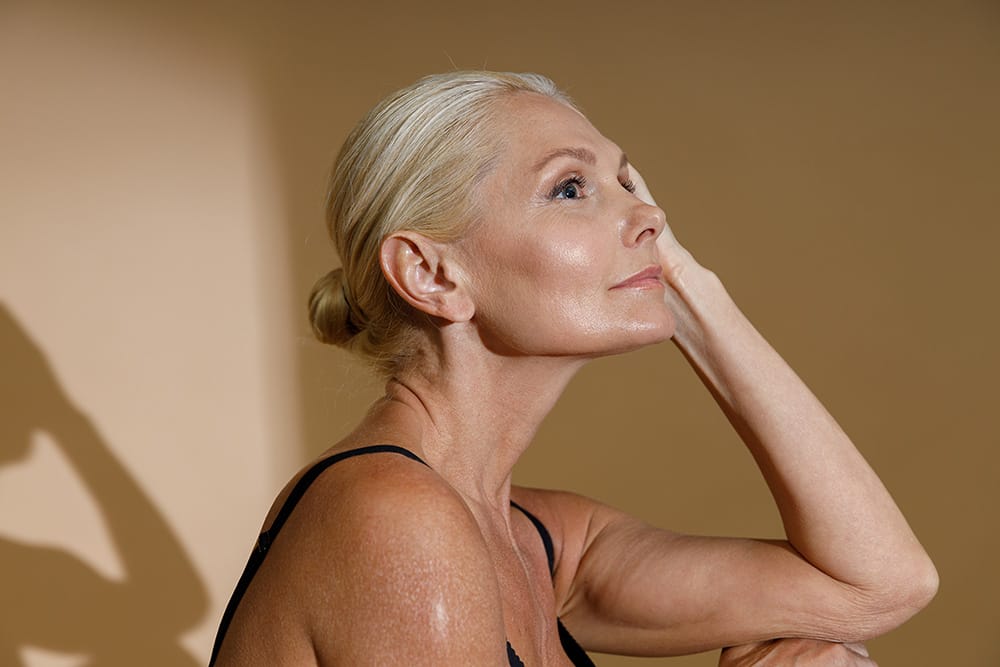
So, Does Oily Skin Age Better?
The truth is both yes and no. Oily and combination skin does have certain natural defences that may delay wrinkles and fine lines. But it is also prone to other concerns like scarring, enlarged pores, and inflammation. Moreover, genetics, sun exposure and stress often play a larger role than skin type alone.
Caring for oily and combination skin properly – hydrating as well as balancing, cleansing without stripping, and supporting the microbiome – is what truly makes the difference. With the right approach, oily skin can maintain its youthful qualities longer, but it’s not exempt from the realities of time.
